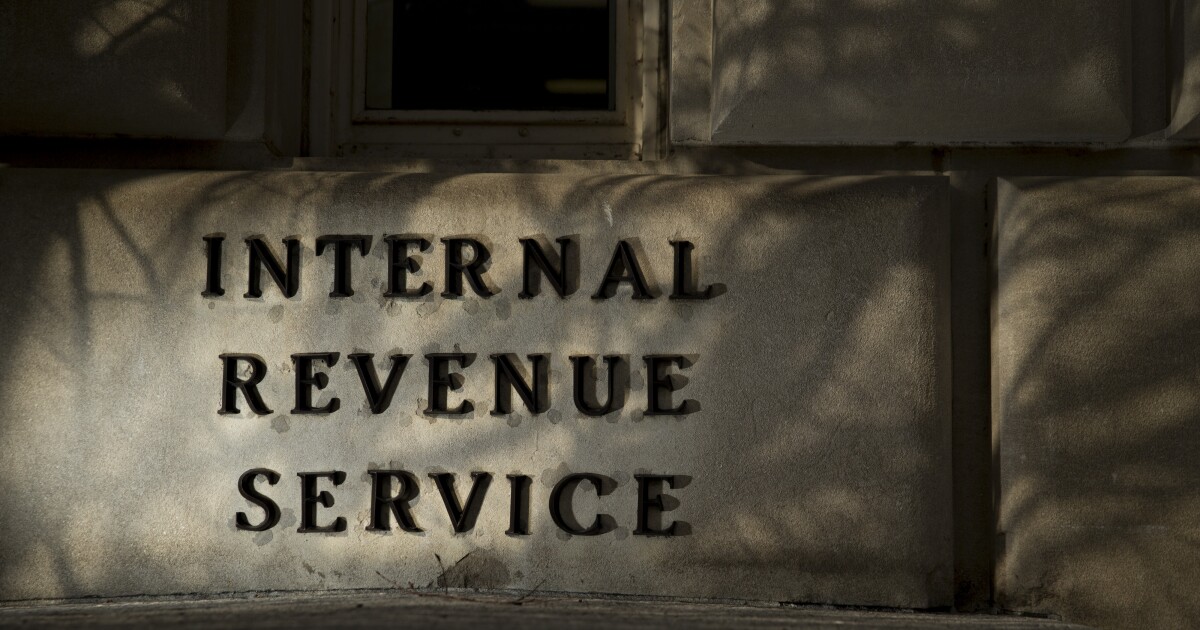Private equity firms have bought five of the top 26 accounting firms in the past three years as they mount a concerted strategy to reshape the industry.
The trend should not come as a surprise. It’s one we’ve seen play out in several industries from health care to insurance, where a combination of low-risk, recurring revenue, scalability and an aging population of owners create a target-rich environment. For small to midsized accounting firms, the trend is exacerbated by a technological revolution that’s truly transforming the way accounting work is done, and a growing talent crisis that is threatening tried-and-true business models.
How will this type of consolidation affect the accounting business, and what do firms and their clients need to be on the lookout for as the marketplace evolves?
Assessing the opportunity… and the risk
First and foremost, accounting firm owners need to be aware of just how desirable they are right now. While there has been some buzz in the industry about the growing presence of private equity firms, most of the activity to date has focused on larger, privately held firms. In fact, when we recently asked tax professionals about their exposure to private equity funding in our 2025 State of Tax Professionals Report, we found that just 5% of firms have actually inked a deal and only 11% said they are planning to look, or are currently looking, for a deal with a private equity firm. Another 8% said they are open to discussion. On the one hand, that’s almost a quarter of firms feeling open to private equity investments in some way. But the lion’s share of respondents — 87% — said they were not interested.
Recent private equity deal volume suggests that the holdouts might change their minds when they have a real offer on the table. According to S&P Global, private equity and venture capital-backed deal value in the accounting, auditing and taxation services sector reached more than $6.3 billion in 2024, the highest level since 2015, and the trend shows no signs of slowing. Firm owners would be wise to start watching this trend to see how it might affect their businesses — whether they are interested in selling or not.
Focus on tech and efficiencies of scale
The reason this trend is so important to everyone in the industry right now is that the private equity firms entering this space are not trying to become accountants. They are looking for profitable exits. And they will do that by seizing on a critical inflection point in the industry that’s making it possible to scale accounting firms more rapidly than ever before by leveraging technology to deliver a much wider range of services at a much lower cost. So, whether your firm is interested in partnering with private equity or dead set on going it alone, the hyperscaling that’s happening throughout the industry will affect you one way or another.
Private equity thrives in fragmented businesses where the ability to roll up companies with complementary skill sets and specialized services creates an outsized growth opportunity. Andrew Dodson, managing partner at Parthenon Capital, recently commented after his firm took a stake in the tax and advisory firm Cherry Bekaert, “We think that for firms to thrive, they need to make investments in people and technology, and, obviously, regulatory adherence, to really differentiate themselves in the market. And that’s going to require scale and capital to do it. That’s what gets us excited.”
Over time, this could reshape the industry’s market dynamics by creating the accounting firm equivalent of the Traveling Wilburys — supergroups capable of delivering a wide range of specialized services that smaller, more narrowly focused firms could never previously deliver. It could also put downward pressure on pricing as these larger, platform-style firms start finding economies of scale to deliver services more cost-effectively.
The technology factor
The great equalizer in all of this is technology. Consistently, when I speak to tax professionals actively working in the market today, their top priorities are increased efficiency, growth and talent. Firms recognize they need to streamline workflows and processes through more effective use of technology, and they are investing heavily in AI, automation and data analytics capabilities to do that. Private equity firms, of course, are also investing in tech as they assemble their tax and accounting dream teams, in many cases raising the bar for the industry.
The question is: Can independent firms leverage technology fast enough to keep up with their deep-pocketed competition?
Many firms believe they can, with some even going so far as to publicly declare their independence. Regardless of the path small to midsized firms take to get there, technology-enabled growth is going to play a key role in the future of the industry. Market dynamics that have been unfolding for the last decade have been accelerated with the introduction of serious investors, and everyone in the industry — large and small — is going to need to up their games to stay competitive.


 Economics1 week ago
Economics1 week ago
 Economics1 week ago
Economics1 week ago
 Economics6 days ago
Economics6 days ago
 Finance1 week ago
Finance1 week ago
 Blog Post7 days ago
Blog Post7 days ago
 Economics1 week ago
Economics1 week ago
 Personal Finance6 days ago
Personal Finance6 days ago
 Economics1 week ago
Economics1 week ago












